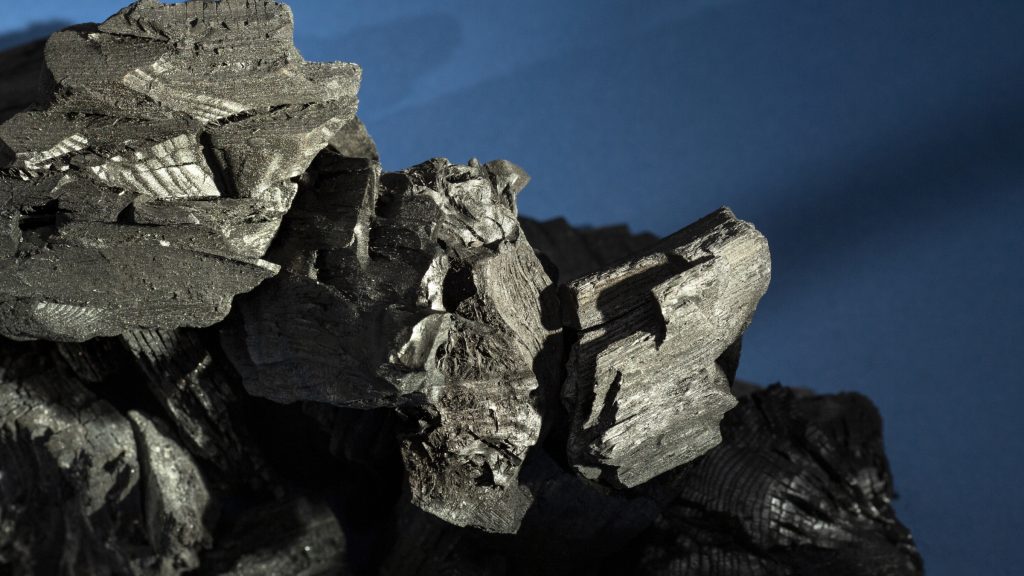
Iran’s decade-long hunt for one of the most rare minerals in the world finally paid off, only two months before Israel’s attack on Tehran, which just so happens to be key mineral for defense and renewable energy as the US scramble for alternatives in a $2.46 trillion defense market.
In March 2025, Iran announced the discovery of 7,000 tons of extremely rare mineral, antimony, at a time when China – Iran’s BRICS ally – is disrupting the global supply chain amid Beijing’s minerals war with the US.
Solar grids and soldier gear depend on it. The Western world, including the US, EU countries, and Israel seek it, China’s monopolizing it, and Iran’s discovering a new lifeline for the future of its technological and military capabilities.
The future of technological military and supply chain is all about this one, extremely rare mineral. The future is all about antimony. And it seems that two of the US’ biggest adversaries have an abundance of it.
Is Iran Rich in Natural Resources?
The largest deposit of Iran minerals was found in the Sistan and Baluchestan provinces, which alone account for 10% of the world’s known reserves. The discovery follows a 10-year exploration drive led by the Iranian Mines and Mining Industries Development and Renovation (IMIDRO) and is aligned with the country’s drive to move away from oil exports.
Semi-metal antimony, or stibium (Sb), is an important essential in electronics, flame retardants, and medicine.
The Iran antimony discovery will strengthen the country’s position in strategic industries, experts told Iran Press.
The growing deficit of Iran mineral reserves and its expanding applications particularly in solar power and defense render Iran’s entrance into the market timely as well as geopolitically sound.
From Bullets to Solar Panels
Antimony has become the backbone of the most rare minerals in the world renewable power and military innovation. Solar cells contain antimony that soaring perovskite cells are more efficient through enhanced light absorption and heat stability. Liquid metal batteries, which store excess solar energy and stabilize the grid, have antimony as one of their main components.
On the defensive end, minerals are crucial in the Iran mineral exploration. The US Department of Defense uses antimony in over 200 ammunition applications, including stab detonators, percussion primers, and armor piercing rounds. Its compounds are essential for flame resistant uniforms and night vision devices.
Analysts noted that Iran antimony uses military role in making this energy transition feasible cannot be overstated, adding that US solar capacity is projected to reach 700 GW by 2050, underlining the mineral’s growing importance.
Shattering China’s Monopoly
China dominates 50% of global antimony mining and 80% of its processing. Recent export restrictions put in place for security purposes, however, have driven prices to soaring heights, with antimony currently at $55,000 a ton, up 350% from 2024 more than Iran natural resources worth. China banned all exports of antimony to America in December, interdicting supply to a strategic clean energy and national security material.
“China, they’re basically weaponizing our mineral insecurity by turning off the tap on critical minerals. They control the market. It’s not just antimony,” said CEO of Military Metals Corp, Scott Eldridge.
Scott continued to state that “governments are realizing how dependent we are on China and, when they turn off the tap, we see how vulnerable we are to disruption. In meeting with officials, you can see it with the sweat on the brow and the money that’s being put on the table.”
In response, the US is funding domestic mining efforts which lead to Perpetua Resources in Idaho receiving a $1.8 billion loan from the US Export Import Bank and grants from the Department of Defense. The company plans to meet 35% of American demand within the first six years from 2028 maybe even earlier due to strategic imperative.
Global Rush for Alternatives
Regardless of global defense spending on some of the most rare minerals in the world, specifically the discovery of Iran mineral resources, global military expenses hit $2.46 trillion in 2024 making a sure supply of antimony necessary. The mineral has been deemed critical by the US, EU, Japan, Australia, and many more. 90% of global supply comes from China, Russia, and Tajikistan, though.
Russia’s Polyus mine supplied 20% of map of the rare earth minerals in the world in 2023, but Western access has been limited by sanctions. Meanwhile, Myanmar, the fourth largest producer, faces civil unrest that has disrupted exports. Tajikistan’s Anzob mine, backed by US investment, and Australia’s upcoming Hillgrove project offer signs of diversification.
Inside Telecom provides you with an extensive list of content covering all aspects of the tech industry. Keep an eye on our Tech sections to stay informed and up-to-date with our daily articles.